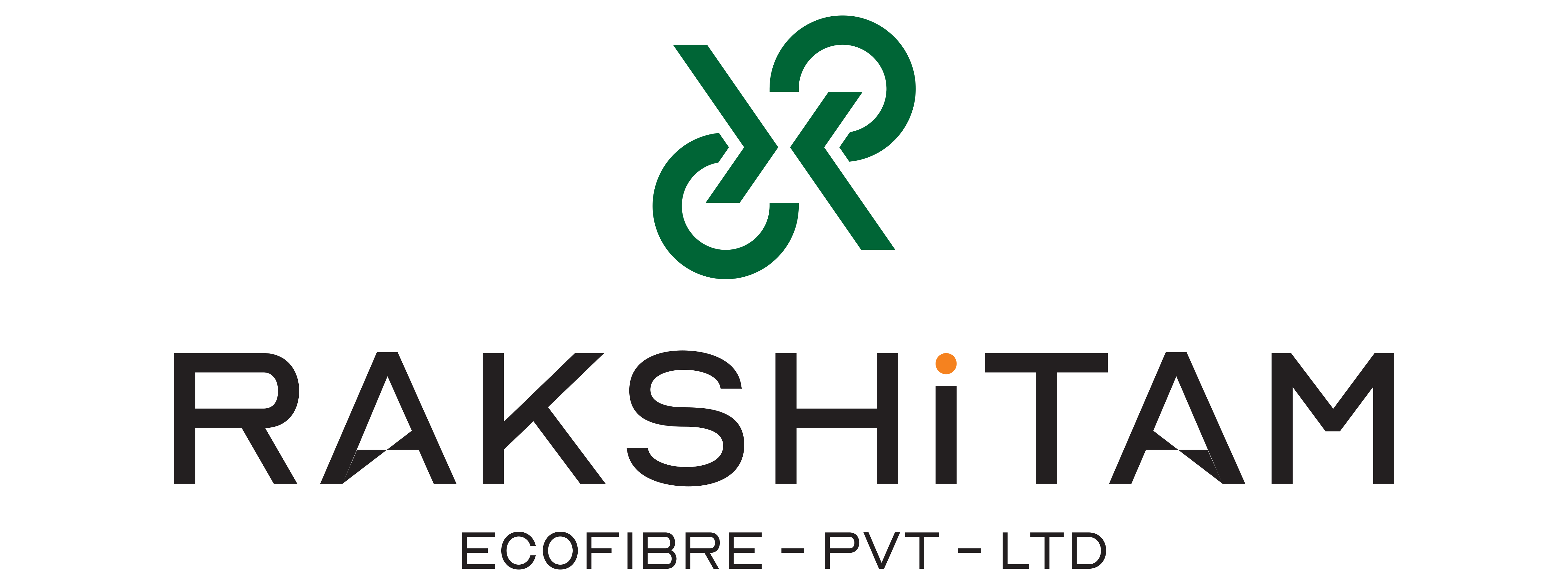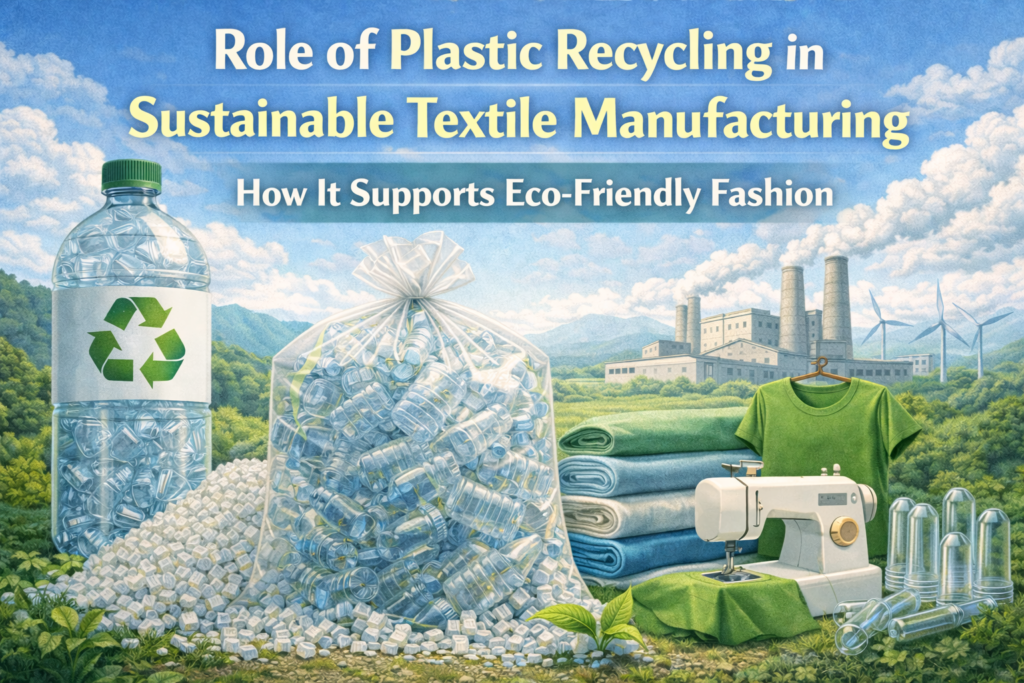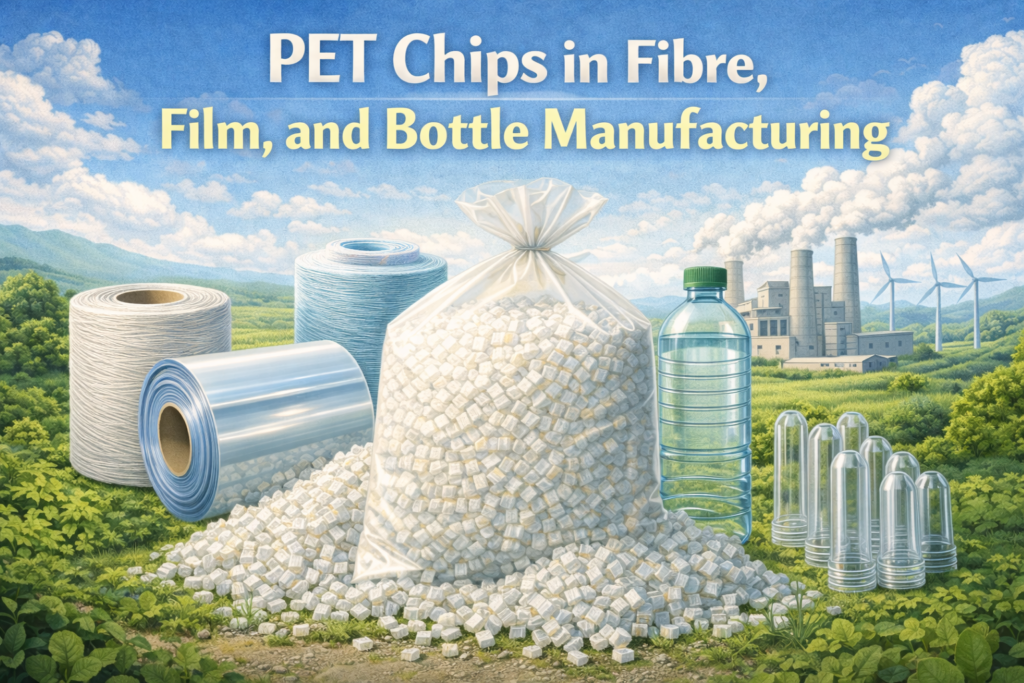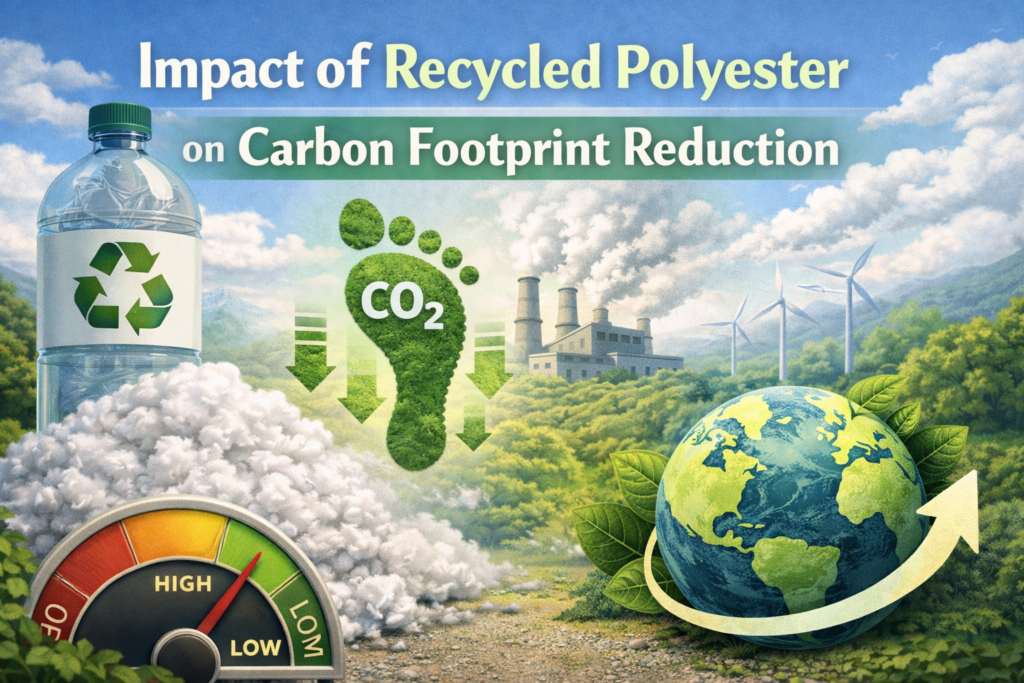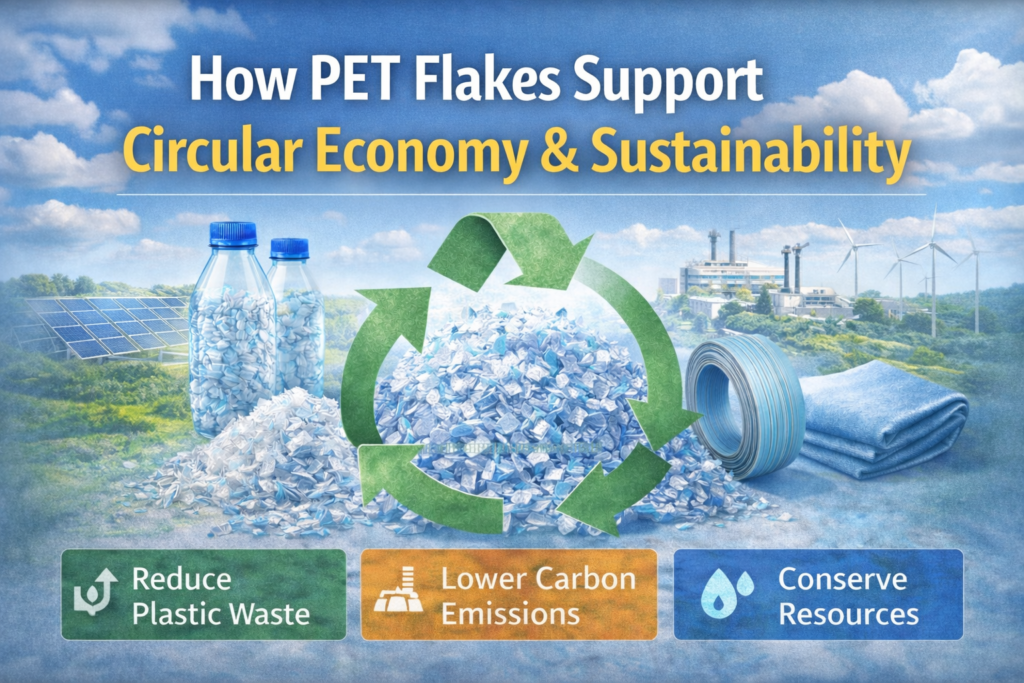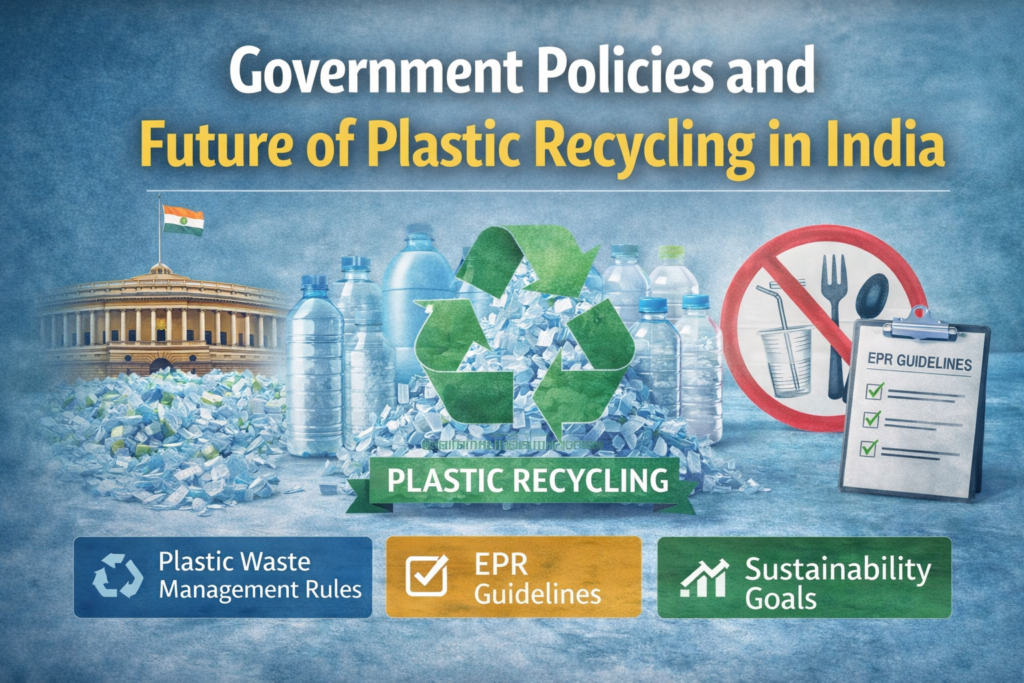The packaging sector is witnessing a significant shift as sustainability takes center stage globally. The biggest innovation in this transformation is the deployment of recycled PET (rPET) resins—a green alternative to conventional plastic. With FSSAI (Food Safety and Standards Authority of India) certification, rPET resins are now being accepted as a safe, stable, and environmentally friendly option for food-grade use. This shift is a major step towards the realization of a circular economy in India’s food and beverage industry.
What Are rPET Resins?
rPET (Recycled Polyethylene Terephthalate) is created by recycling existing PET bottles and containers. They are processed and purified to be suitable as high-quality food-contact packaging resins. The outcome is a material with the same strength, clarity, and safety as virgin PET but with a much smaller environmental footprint.
With FSSAI giving the nod for using rPET in food-grade products, Indian manufacturers can now use this green material for bottles, trays, and food containers with confidence.
Importance of FSSAI Approval
The FSSAI approval signifies India’s achievement in the packaging industry, as it signifies that the rPET resin has cleared the safety and quality tests for direct food and beverage contact packaging. It also signifies that India has complied with the standard set by EFSA and the US FDA. FSSAI approval increases the demand for Indian packaging materials worldwide.
Some key contributors with FSSAI approval involve packaging
- ensuring harmful chemicals do not transfer to food and have food contact materials…
- safe recycling of food-grade packaging materials…
- rPET source traceability and certifiable.
With this approval, brands are assured that consumer safety is maintained. They can confidently shift from virgin plastic to sustainable options.
Advantages of Utilizing FSSAI-Approved rPET Resins
1. Environmental Sustainability
Employing rPET prevents plastic waste and reduces dependence on virgin petroleum-based material. A ton of recycled PET saves energy, reduces CO₂ emissions by close to 50%, and keeps thousands of bottles out of landfills.
2. Lower Carbon Footprint
Producing rPET requires less energy and water than producing virgin PET. Thus, for companies prioritizing sustainability, rPET is a low-carbon, resource-sparing alternative.
3. Food Safety Conformity
rPET that has been approved by FSSAI is subject to rigorous testing and purification to ensure it conforms to global food safety standards. It is toxin-free, odorless, and contaminant-free, rendering it safe for use in packaging drinks, milk, and ready-to-eat foods.
4. Reduced Costs
Advancements in recycling technology and collection networks make the production of rPET more cost-efficient. This allows brands to support their ESG (Environmental, Social, and Governance) goals while reducing their packaging costs.
5. Brand Value and Customer Faith
Customers prefer sustainable brands and those that genuinely focus on eco-friendliness. Organizations using FSSAI-approved rPET can build a positive brand reputation and win over eco-friendly customers to achieve differentiation.
Key Industry Trends (2025 and Beyond)
- Large Beverage Players Embracing rPET: Indian and global beverage majors are incorporating rPET bottles into their packaging lines to fulfill sustainability goals.
- Rising Recycling Technologies: Chemical and mechanical recycling technologies are enhancing the quality and safety of rPET products.
- Government Drive for Circular Economy: India’s Extended Producer Responsibility (EPR) norms are driving the usage of recycled material within packaging.
- Food Packaging Design Innovation: Light, clear, and high-barrier rPET containers are becoming increasingly popular for convenience and appearance.
Also Read: Why Brands Are Switching to PET Fiber: Key Trends and Sustainable Benefits in 2025
Final Thoughts
FSSAI-approved rPET resins will change how India’s food and drink containers are made and used. No longer will consumers and companies need to sacrifice safety and sustainability. rPET packaging will continue to protect products and help protect the environment.
As consumers, regulators, and manufacturers unite towards “Gandhi’s dream” of sustainability, India’s rPET packaging will help accomplish the goal of a circular economy by 2025. This will help ensure a better and greener future for the country.
